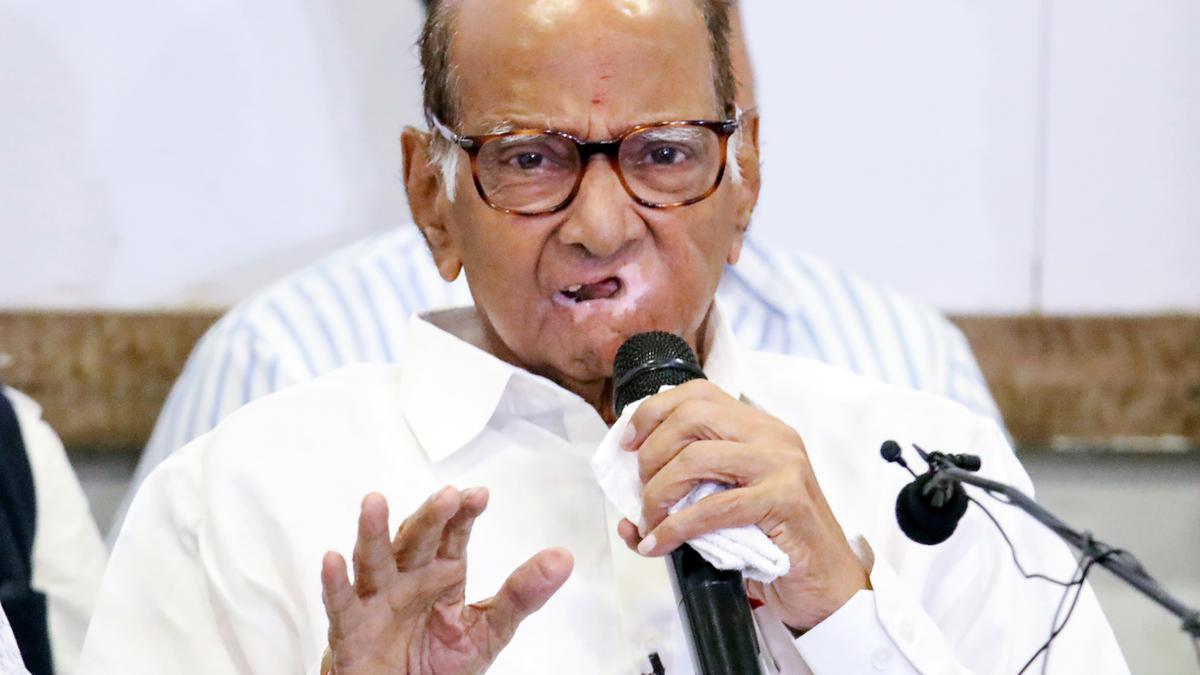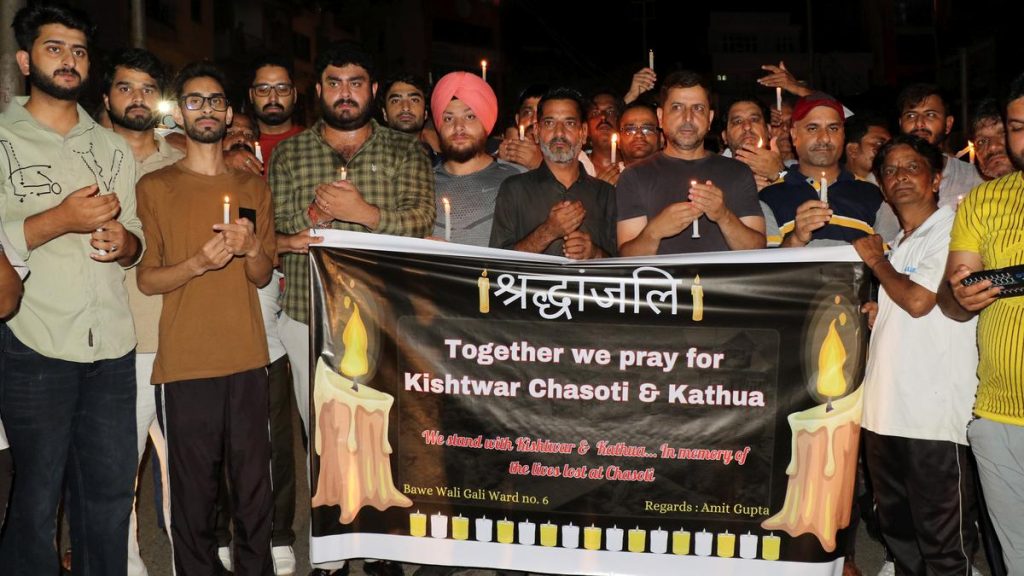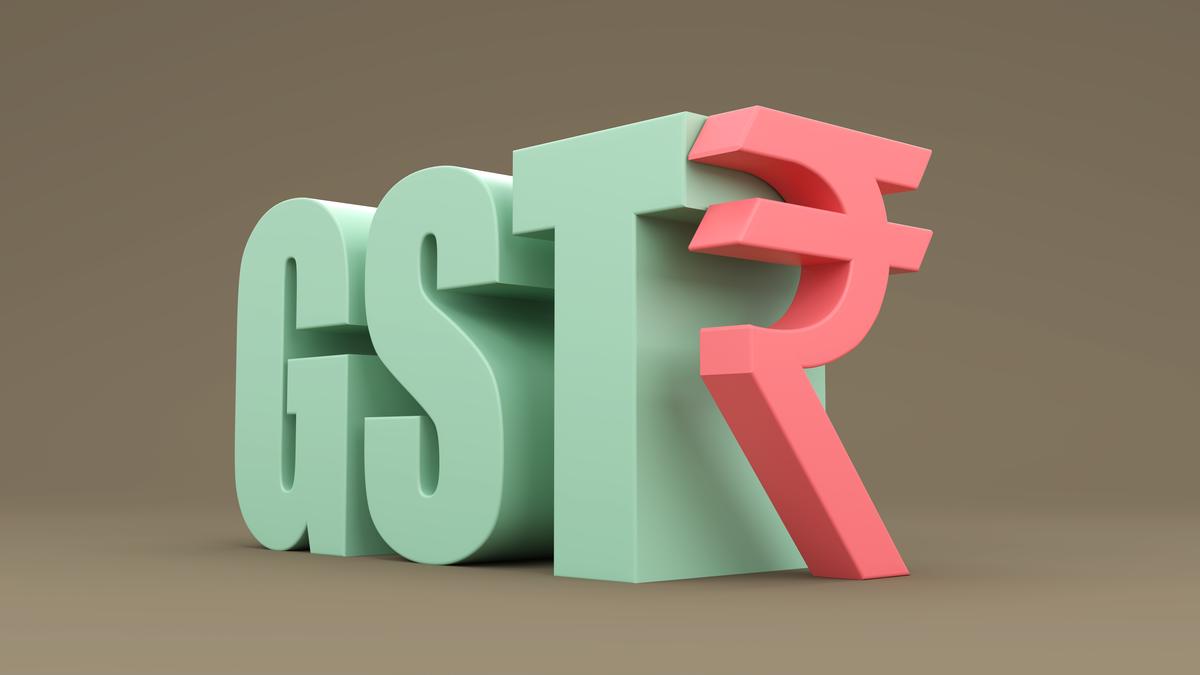Now Reading: Sharad Pawar Criticizes PM for Omitting Nehru in Independence Day Speech
-
01
Sharad Pawar Criticizes PM for Omitting Nehru in Independence Day Speech
Sharad Pawar Criticizes PM for Omitting Nehru in Independence Day Speech

Swift Summary
- Sharad Pawar Criticizes PM Modi’s Speech: NCP(SP) leader and Rajya Sabha MP Sharad Pawar expressed disappointment that Prime Minister Narendra Modi did not mention India’s first PM, jawaharlal Nehru, during his Independence Day speech. pawar called this omission “disturbing” and emphasized Nehru’s contribution to the freedom struggle and peace-building efforts post-Independence.
- Concerns About Democracy: Addressing an Opposition protest against the Election Commission, Pawar remarked on the ongoing challenges facing indian democracy. He criticized the dysfunction of Parliament during its current session, which has seen repeated adjournments without functioning properly.
- Opposition Protest: Sharad pawar highlighted a peaceful protest involving 300 MPs from various parties, including Congress leaders Mallikarjun Kharge and Rahul Gandhi. During this protest aimed at “saving democracy,” participants were detained by police.
- Historical Reflections on Unity in Politics: Sharing anecdotes about his political career in Maharashtra, pawar recounted how Congress factions reconciled ideological differences post-Emergency to prioritize unity. He reflected on how large-hearted leadership helped bridge divides in politically turbulent times.
Indian Opinion Analysis
Sharad Pawar’s remarks underscore two key themes-the importance of acknowledging historical legacies like Nehru’s contributions in national discourse and broader concerns about democratic health in contemporary politics. The absence of bipartisan recognition for pivotal national figures may deepen political polarization at a time when calls for cross-party collaboration are more pressing than ever.
The commentary also highlights systemic issues such as legislative gridlock and perceived erosion of democratic norms through arresting peaceful protesters-an unsettling sign for governance that demands dialog over confrontation. Further, reflecting on historical moments where unity triumphed over division serves as both a critique of today’s fractured politics and an implicit call for introspection among India’s political class to uphold institutions’ integrity while nurturing cooperative frameworks for nation-building.























